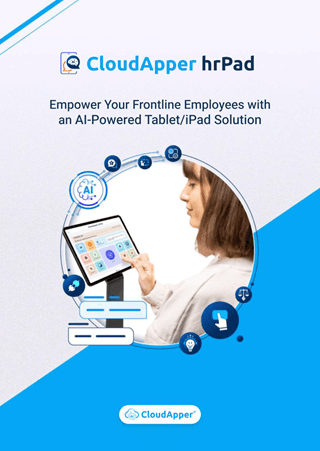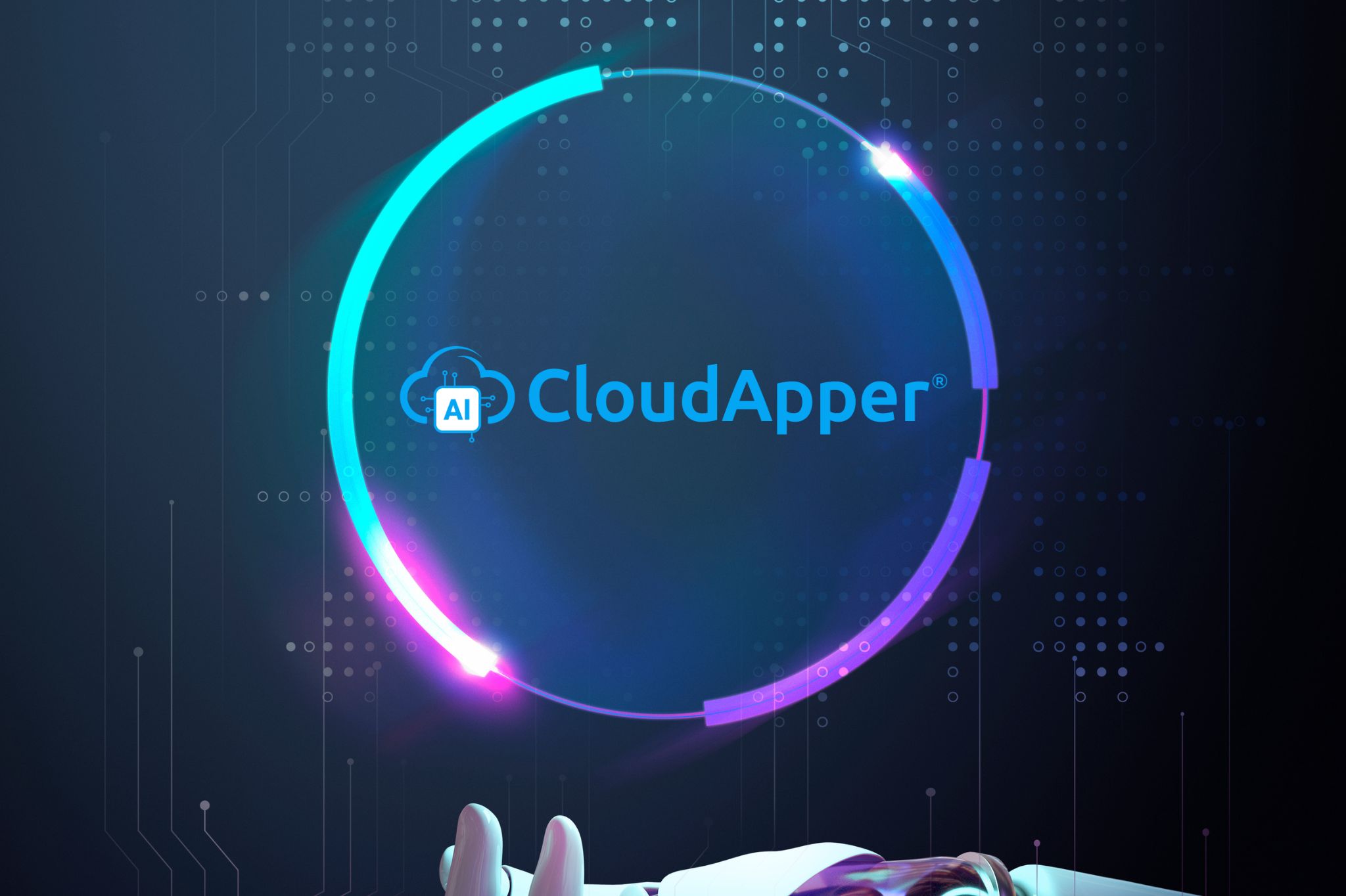As companies continue to progress and look for more efficient methods of conducting business, they are met with a recurring issue:, the challenge of supporting a legacy system. Many employees, executives, and specialists understand the risk of a legacy data system from a security and financial standpoint. Yet these outdated systems are still in use in many companies.
Legacy system concerns
With companies beginning to understand why legacy data systems can be a problem, we will look at some of the issues associated with these systems.
- Constant system breakdowns. Unforeseen breakdowns can have major consequences for a company. They can cause a company to miss a deadline, or even result in a company shutting down for an unspecified period to correct the issue. It is no wonder that companies would rather avoid this issue from occurring regularly. The problem is that legacy systems are prone to breaking down. Software advances at a rapid rate, and the fact of the matter is that a data storage warehouse system used by companies in 2001 cannot cope with the demands of companies in 2021. This leads to the system regularly shutting down.
- Costly maintenance. Having to maintain a legacy system is expensive, and this can also be a problem for companies. With fewer experts available to attend to these problems, the available technicians will request a high maintenance fee. At a certain point, the maintenance costs will become too high. Businesses need to decide whether it is worth the price or whether the money spent should be reinvested elsewhere.
Outdated infrastructure. With the advancements made in IT infrastructure, from mobile applications to 5G, are older systems still worth the hassle? Older systems are time-consuming to operate, inefficient, and do not provide the advantages gained from a new system. For example, if a company uses a legacy system for its data storage, is it cloud-based? Can it provide employees access to a variety of workstations such as tablets, laptops, or smartphones? The answer is no. Outdated infrastructure affects a company’s level of efficiency.
- Less commonly used. As legacy systems age, many former users will replace the system with a new platform. The fewer companies that use a legacy system, the harder it will be to find updates or system experts.
Benefits of transferring data
Legacy systems can have many disadvantages for a company, but what are the advantages of migrating your data to a new platform:
- The first benefit will be access to features and functions that your company’s legacy system did not possess. These features can either be minor or significant changes that provide employees with the ability to be more efficient.
- Reliable infrastructure. Newer software systems are much more reliable. For example, a cloud-based business platform, or data storage warehouse, will be less prone to system shutdowns than the legacy systems previously used.
- Reduction in expenses. Legacy systems are costly to sustain, and they often require specialized hardware or software, which is an increased expense. Newer cloud-based systems are more cost-effective because they do not require hardware or installation. Instead, they require a small annual or monthly subscription for companies to use the services. This makes new systems more cost-effective in the long term.
- Increased access. Newer cloud-based business platforms provide employees with increased accessibility, both to the data stored on the platform and to the services provided. This is because the system is accessible through computers and mobile devices, such as smartphones and tablets. This means that employees using a Facility Management Application, for example, will be able to access the facility data through their mobile phones, wherever they may be located.
- Attracting and retaining employees. Employees want to work at an ambitious company, up-to-date, and efficient company. While legacy systems serve a purpose, they do not inspire employees who may use them, nor do they allow employees to work at their most optimal state. For example, if your business only permitted staff to communicate via a fax machine, would you be content with the system? The chances are no, you would not be. It is the same for business systems;, employees want to succeed, and they want to be provided with the tools and systems to do so.
Conclusion
With a greater understanding of why it would be wise to transfer your data to a new business system, we have to note that it can be a complex process. However, the benefits of doing so far outweigh the challenges that will be faced, making it the responsible business decision for many companies to implement CloudApper.
What is CloudApper AI Platform?
CloudApper AI is an advanced platform that enables organizations to integrate AI into their existing enterprise systems effortlessly, without the need for technical expertise, costly development, or upgrading the underlying infrastructure. By transforming legacy systems into AI-capable solutions, CloudApper allows companies to harness the power of Generative AI quickly and efficiently. This approach has been successfully implemented with leading systems like UKG, Workday, Oracle, Paradox, Amazon AWS Bedrock and can be applied across various industries, helping businesses enhance productivity, automate processes, and gain deeper insights without the usual complexities. With CloudApper AI, you can start experiencing the transformative benefits of AI today. Learn More

















